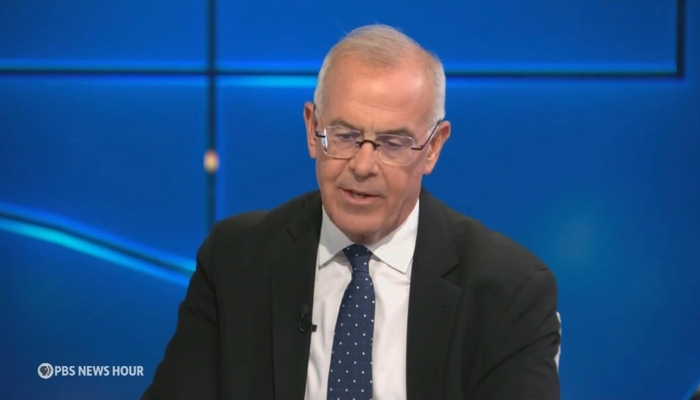NAIROBI, Kenya, Jul 14 – President Uhuru Kenyatta has moved to cushion Kenyans after approving a Sh16.6 billion subsidy.
According to State House Spokesperson Kanze Dena, the move is expected “provide further direct relief to all Kenyan families and establish the necessary safeguards for protecting Kenyan consumers from further increases in the cost of living.”
She observed that global events made worse by the COVID-19 Pandemic have triggered exponential increase in commodity prices, including those of food items, fuel products, farm inputs and construction materials.
“His Excellency the President understands that high fuel prices pose a significant challenge for every Kenyan household and collectively on the economy and our way of life,” she stated.
She assured that the government will continue to roll out similar actions to assist Kenyans deal with the difficulty situation.
The action by the head of state follows sharp criticism by the Kenya Kwanza Alliance led by Deputy President William Ruto that has been blaming President Kenyatta’s handshake with the Azimio La Umoja-One Kenya coalition presidential candidate Raila Odinga for being the cause of the high cost of living.
Due to the subsidy, Fuel prices will also remain unchanged during the month of July.
In Nairobi, petrol will retail at Sh159.12, diesel at Sh140.00, and kerosene at Sh127.94.
According to the statement, without the fuel subsidy the pump prices would have been Sh209.95 for petrol, Sh193.64 for diesel, and Sh181.13 for kerosene.
“The President understands that high fuel prices pose a significant challenge for every Kenyan household. In response to these challenges, the government has over the last year implemented a fuel stabilization programme that has offered reprieve to Kenyans at the pump through a subsidy of Sh101.852 billion, to date,” Dena stated.
The intervention comes as a relief even as the National Treasury mulls eliminating the fuel subsidy saying it is inefficient.
Further, Treasury noted that the cost of the fuel subsidy could eventually surpass its allocation in the National Budget, thus potentially escalating public debt to unsustainable levels and disrupting the Government’s plans to reduce the rate of debt accumulation.
“For this reason, a gradual adjustment in domestic fuel prices will be necessary in order to progressively eliminate the need for the fuel subsidy, possibly within the next Financial Year,” said Treasury CS Ukur Yatani.



















Discussion about this post